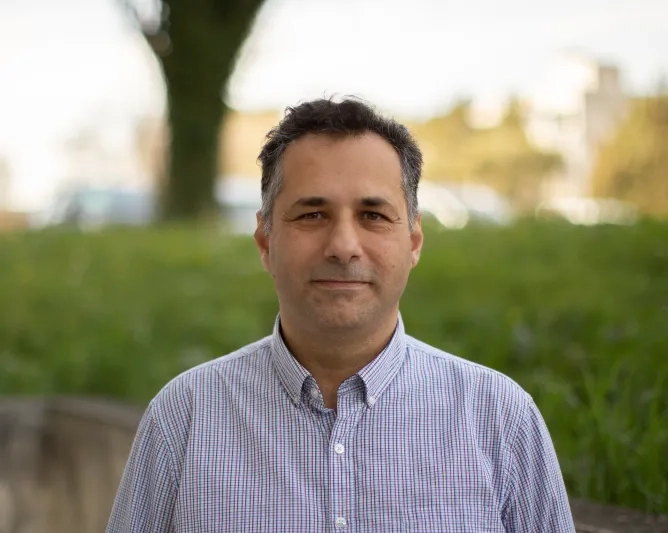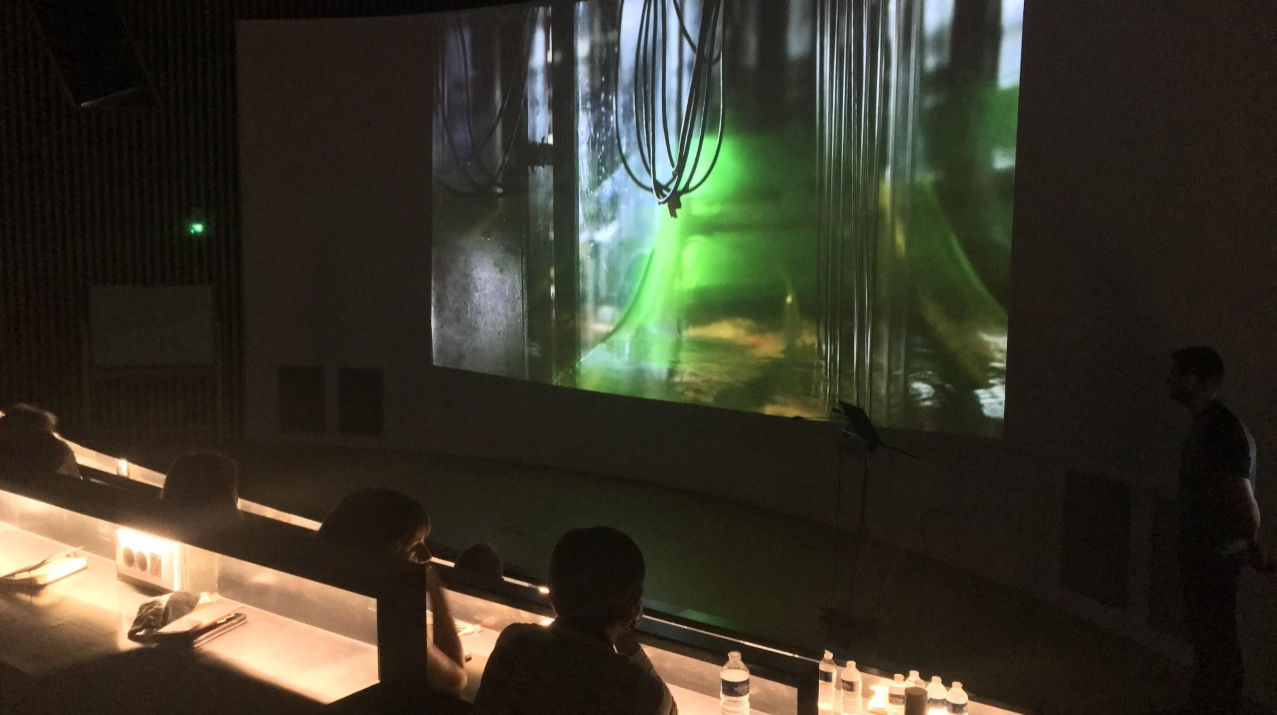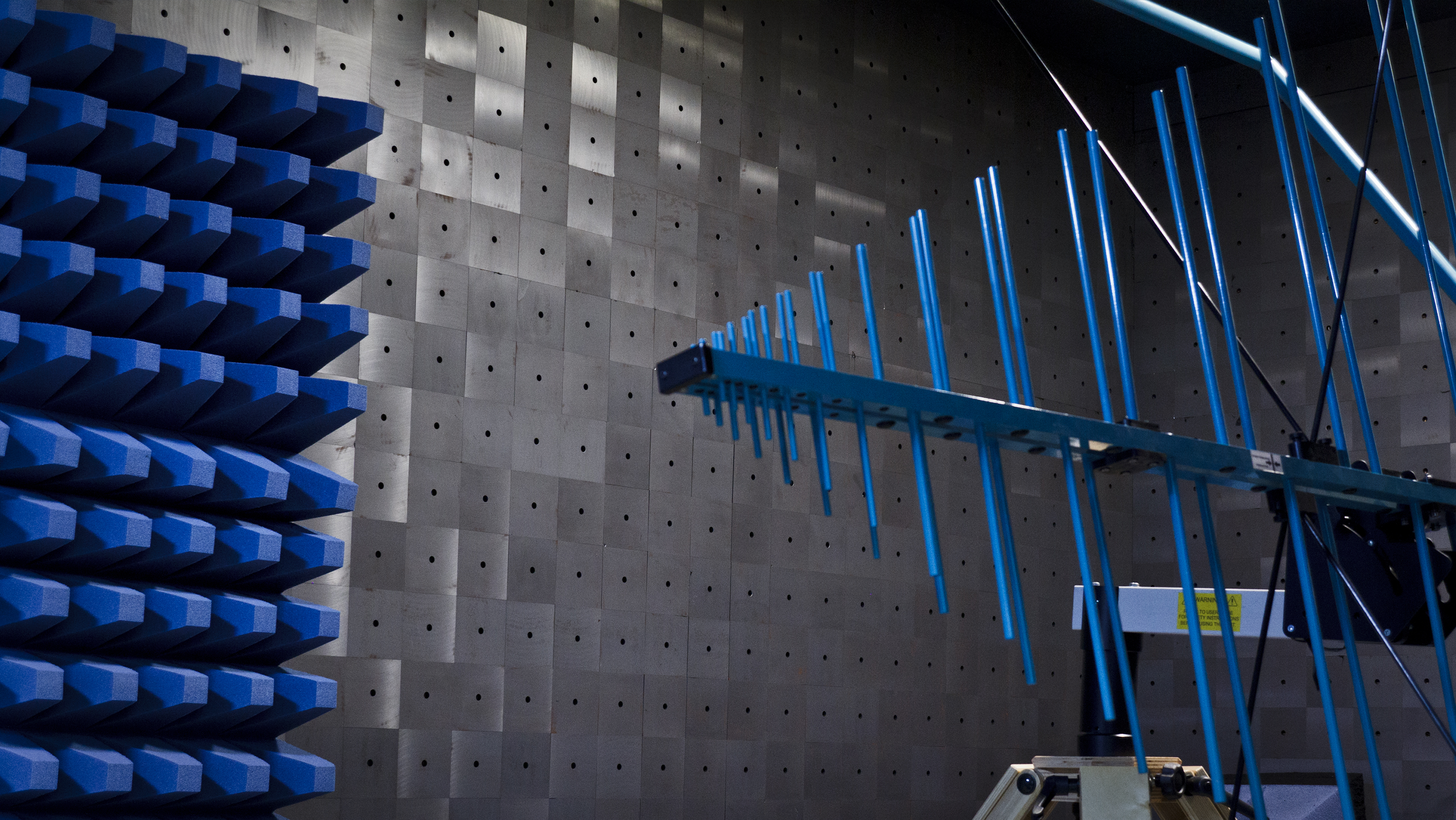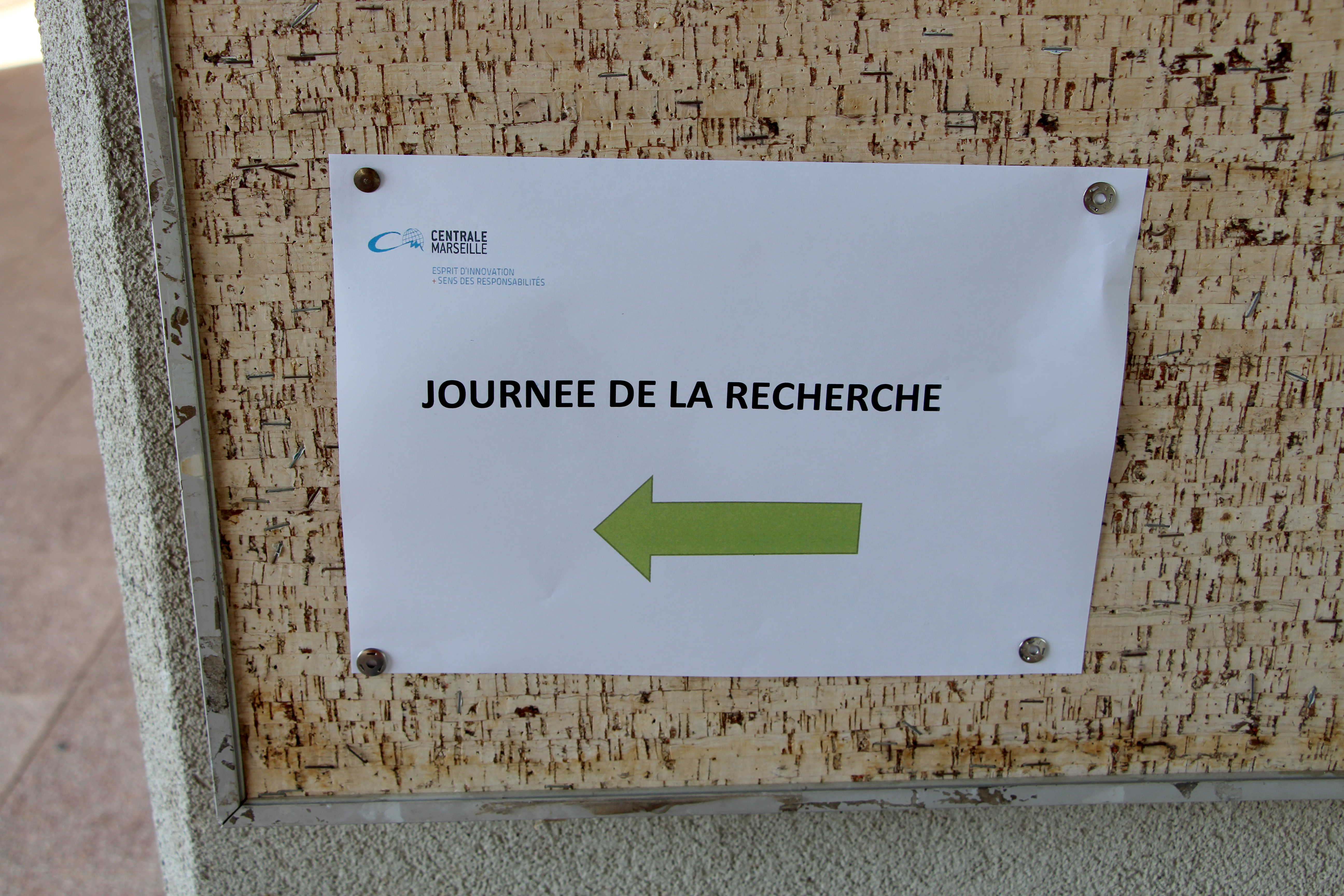Meeting with Miguel Alonso, Centrale Marseille Research Director

Curriculum Vitae
Miguel A. Alonso received the degree of Engineer in Physics from the Universidad Autónoma Metropolitana (UAM) in Mexico City and the PhD degree in Optics from the University of Rochester. He worked at the Universidad Nacional Autónoma de México (UNAM) for three years, before joining the faculty of The Institute of Optics at the University of Rochester in 2003. In 2018 he moved to Marseille under an A*MIDEX Chair of Excellence to pursue research at Institut Fresnel and teach at Ecole Centrale Marseille. He has published over 115 articles in peer-reviewed journals, as well as 7 book chapters. He co-directs the annual Preparatory School in Optics at the International Centre for Theoretical Physics in Trieste. He is a Fellow of OSA (The Optical Society), was Associate Editor and Deputy Editor for Optics Express, Chair of Spotlight on Optics, Associate Editor for Optica, and currently serves as Editor in Chief of Optics Letters. His research is on mathematical aspects of wave propagation, in particular on the description and applications of beams with structured intensity and polarization distributions, optical coherence, and the connection between the ray and wave models of light.
Tell us more about the researcher world and motivations
I think that most if not all researchers are motivated by curiosity and by the possibility of solving a problem that has not yet been solved, or even the challenge of posing a new, important problem. For me, personally, a source of motivation is the inherent beauty of the topic I am studying. This beauty might come from the elegance of the formalism, from illustrative geometrical interpretations, or from interesting analogies with seemingly very different problems. Last but not least, there is the reward of useful applications. When the project is of an applied nature, this reward is more immediate, while for more fundamental research it can take time to arrive, although interesting new science often leads sooner or later to useful applications.

What motivates you the most about this job?
There are several answers to this question. As I mentioned earlier, there is enjoyment in the study of a problem, and great satisfaction when one finds new results. However, another motivation is the interaction with collaborators in general and with students in particular, whether they are working on a project or taking a course. In my personal experience, teaching and research go hand in hand, and subjects that I have to learn better for the purpose of teaching a course often find a way into my research.
Why did you agree to become Director of Research?
This is an opportunity that arrived quite unexpectedly early this year. I believe I was invited to serve on this role because, having arrived in France fairly recently, I could see things differently. A few years ago the exciting yet daunting opportunity arrived of stepping out of my comfort zone and making a big change to a new country and a different culture. I am in the process of integrating into the School and its environment. The new directing team believed that I can bring something to the table, so I am certainly willing to do my best. There are definitely many challenges that come with the integration into a completely new system, particularly one with so many interconnections with different organizations. There is also, of course, the challenge of working in a language that I am yet to master. I do have a lot to learn, including how to best balance this position with my own research, teaching and other external duties. Thankfully, this learning process is taking place amongst a group of very friendly and welcoming coworkers.

What is your project for the establishment ?
These first few months in the position have been a learning process. To know where I would like the School to go, I first need to understand where it is, and what is its environment. I can nevertheless mention already several aspects that will be the focus of my efforts in the near future. First, there is an impressive amount of world-class research taking place at and around the School. This needs to be made more visible to the outside world and even to our own students. Also, I think it will be very valuable for our doctoral students to have a closer relation with the School, and to interact more with the rest of our student body. In fact, I think it is important to reflect on what skills we want our doctoral graduates to have, that is, to define the profile of “Docteur Centralien”. More generally, I plan to do what I can to help my colleagues at the School and in the laboratories pursue their research mission.

September 17, research day at Centrale Marseille
For those who want to discover the research world, a “research day” is organised on September 17 from 9:30 am to 4:30 pm in the school. You will be invited to discover the laboratories of the school (co-supervised or associated), the research professions with round tables led by research-study alernation, doctoral and post-doctoral students, and by our teachers-researchers!